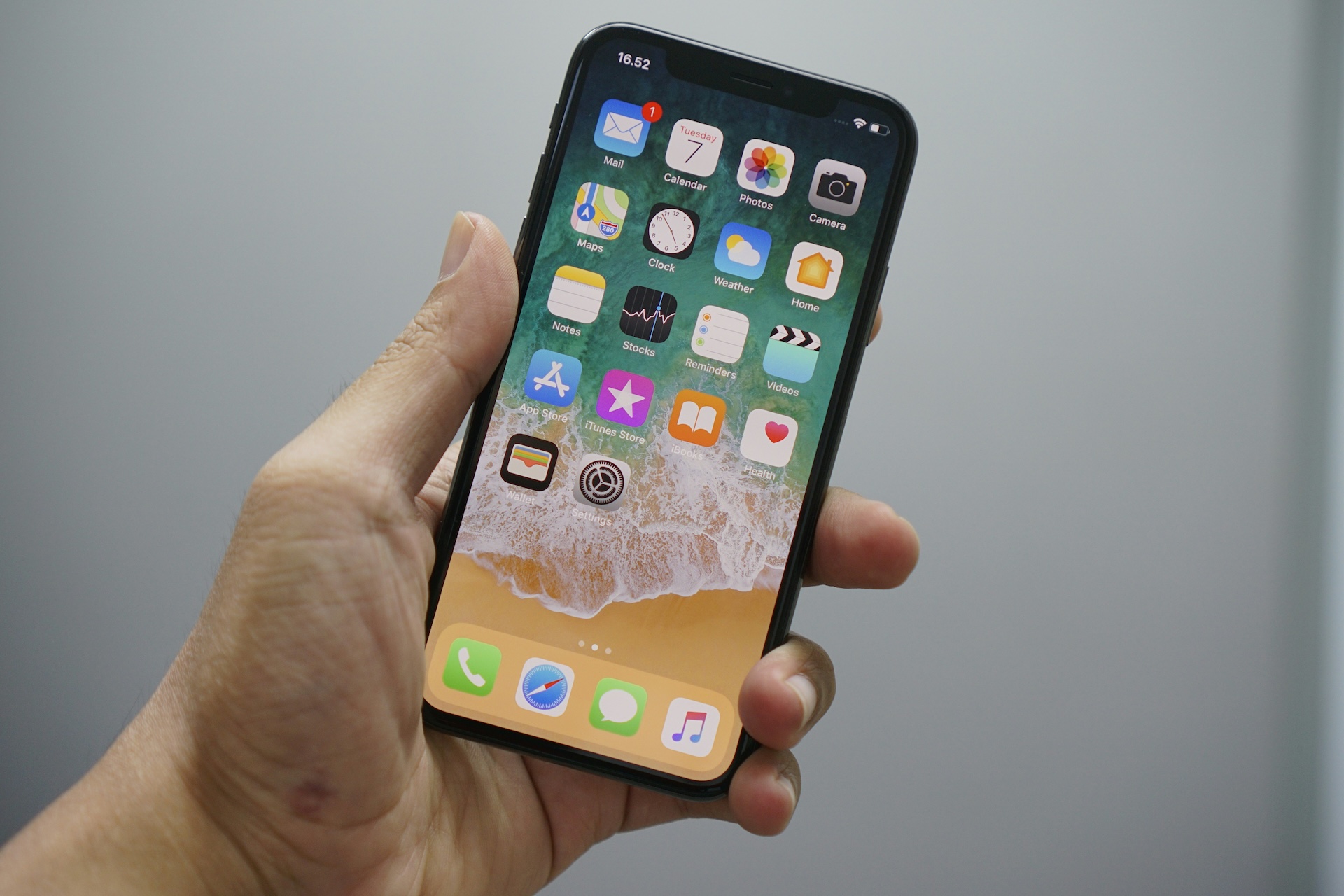Traditional payroll schedules can create financial gaps that leave workers scrambling for quick cash solutions. Earned wage access without employer restrictions offers a modern alternative to expensive payday loans and credit card advances. This innovative approach allows you to access a portion of your earned wages before payday through direct-to-consumer apps, without requiring HR department approval or employer integration. Unlike high-interest loans, these services provide transparent, often low-cost access to money you’ve already earned, helping millions of workers bridge financial gaps while building healthier money management habits.
Table of contents
What is earned wage access?
Earned wage access allows employees to access a portion of their earned wages before their scheduled payday, providing financial flexibility without the burden of high-interest loans or credit checks. This financial tool has emerged as a transparent, consumer-friendly alternative to traditional payday advances and expensive cash advance options.
The significance of EWA has grown dramatically in recent years. According to EarnIn’s research, EWA adoption tripled from 2018 to 2020, with employees accessing $3.2 billion through these platforms in 2018 alone. This rapid growth reflects workers’ need for flexible access to their earned income without the financial burden of traditional lending products.
What sets earned wage access apart is its fundamental structure—it’s not a loan. Users access money they’ve already earned through their work, making it a paycheck advance alternative that doesn’t involve borrowing or interest charges. This distinction is crucial for workers seeking earned wage access without employer involvement, as it provides financial relief without creating additional debt obligations.
How earned wage access works without employer restrictions
The direct-to-consumer model of earned wage access operates independently of employer payroll systems, making it accessible to a broader range of workers. Apps like MoneyLion and EarnIn allow users to access their wages directly without requiring HR integration or employer approval.
The direct-to-consumer process is straightforward: users download an app, connect their bank accounts, verify their income through bank transaction history, and gain access to a portion of their earned wages. It’s a way to get money fast that eliminates the need for employer participation in payroll processing or system integration.
Here’s how the two models compare:
| Feature | Direct-to-Consumer | Employer-Integrated |
| Approval Process | Individual verification | HR department setup |
| Access Speed | Immediate after verification | Depends on employer timeline |
| Withdrawal Limits | Based on verified earnings | Set by employer policy |
| Setup Complexity | Simple app download | Requires employer adoption |
The inclusivity of earned wage access without employer restrictions particularly benefits gig workers, part-time employees, and those with multiple income streams. As noted by IFMA’s workforce research, this model supports workers who may not qualify for traditional employer-sponsored financial benefits but still need flexible access to their earned income.
How to choose an earned wage access app
Selecting the right earned wage access app requires evaluating several key features that impact both cost and user experience. The most important factors include transparency of fees, security measures, withdrawal limits, and the absence of employer requirements.
When screening potential apps, prioritize platforms that offer clear fee structures, real-time wage tracking, customizable withdrawal limits, and strong user reviews. According to HiPeople’s provider analysis, the best apps combine user-friendly interfaces with robust security measures and responsive customer support.
Consider this comparison of popular earned wage access options:
| App | Employer Required | Typical Fees | Repayment Method | Additional Tools in App |
| MoneyLion | No | $0 option with Instacash | Automatic deduction | Budget tracking, credit monitoring |
| EarnIn | No | Optional tips | Automatic deduction | Balance alerts, spending insights |
| DailyPay | Yes | $1.25-$2.99 | Payroll integration | Financial wellness tools |
| PayActiv | Yes | $5 monthly | Employer deduction | Bill pay, savings goals |
Security and data privacy should be non-negotiable factors in your decision. Look for apps that use bank-level encryption, secure authentication methods, and transparent data handling policies. Additionally, responsive customer support becomes crucial when you need quick assistance with time-sensitive financial needs.
Setting up your earned wage access account
The account setup process for most earned wage access apps follows a standardized workflow designed for quick approval and immediate access. Here’s the typical step-by-step process:
- Download and install the chosen app from official app stores
- Create your account using email verification and basic personal information
- Link your primary checking account through secure bank connection services
- Verify your employment and income by connecting payroll deposits or uploading pay stubs
- Review and accept the app’s terms of service and fee structure
- Set your withdrawal preferences including limits and notification settings
Most direct-to-consumer EWA apps complete approval within minutes to hours, significantly faster than traditional lending products. The verification process typically doesn’t require credit checks, as noted by EarnIn, making these services accessible to users with limited or damaged credit histories.
Required documentation is generally minimal—most apps only need access to your bank account transaction history to verify regular income deposits. Some platforms may request additional verification for higher withdrawal limits, but basic access usually requires only bank account connectivity and proof of regular income.
Managing usage limits and responsible access
Understanding and managing your earned wage access limits is essential for maintaining healthy cash flow and avoiding financial dependency. Most apps allow users to customize their withdrawal limits based on verified earnings, with typical access ranging from 50% to 80% of earned wages per pay period.
Responsible usage involves treating earned wage access as an emergency financial tool rather than regular income supplementation. Proliant’s financial wellness research suggests that users who limit withdrawals to genuine emergencies maintain better long-term financial stability.
Key signs to monitor for overuse include:
- Withdrawing maximum amounts every pay period
- Using EWA to cover regular monthly expenses
- Feeling dependent on early wage access to meet basic needs
- Frequently reaching account limits before payday
Setting personal withdrawal limits below the app’s maximum can help prevent cash flow disruptions. Many users find success by limiting EWA usage to 25-30% of their earned wages, ensuring sufficient funds remain for regular payday deposits.
Understanding fees and repayment terms
Earned wage access fee structures vary significantly between providers, making it crucial to understand the total cost before using these services. Common fee models include flat fees per transaction, optional tip systems, monthly subscription charges, or zero-fee options like MoneyLion’s Instacash service.
Unlike traditional loans, EWA services are repaid automatically through payroll deduction or direct bank account withdrawal on your next payday. This automatic repayment eliminates the risk of late fees or compounding interest charges, as highlighted in EarnIn’s educational content.
Regulatory oversight of EWA fees is evolving, with states like Connecticut implementing fee caps and mandatory disclosure requirements. According to Northwestern Law’s policy analysis, these regulations aim to protect consumers while preserving access to affordable wage advance options.
The absence of credit checks and interest charges makes EWA fundamentally different from payday loans or credit card advances. However, users should still compare total costs, especially when choosing between fee-based and subscription-based services.
Using financial tools to improve money management
Leading earned wage access apps often include comprehensive financial management tools that extend beyond simple wage advances. These integrated features help users develop better money habits and reduce long-term reliance on emergency financial services.
Common financial tools include budget tracking systems, bill payment reminders, savings goal setting, spending analytics, and overdraft prevention alerts. These tools often work together to provide holistic financial wellness support.
Practical applications of these tools include:
- Setting up automatic savings transfers to build emergency funds
- Using spending alerts to avoid overdraft fees
- Tracking progress toward financial goals like debt reduction
- Receiving notifications before bills are due to prevent late fees
According to Proliant’s user research, workers who actively use these additional financial tools show improved long-term financial stability and reduced dependence on emergency cash access services.
Tips for making the best financial decisions with earned wage access
Maximizing the benefits of earned wage access requires strategic usage and ongoing financial awareness. The most effective approach involves treating EWA as part of a broader financial wellness strategy rather than a recurring income supplement.
Best practices for responsible EWA usage include:
- Reserving withdrawals for genuine emergencies like unexpected car repairs, medical bills, or essential home maintenance
- Budgeting earned wage access as part of your monthly financial planning
- Monitoring your usage patterns to identify potential dependency issues
- Taking advantage of built-in financial education resources and tools
Stay informed about changing regulations and fee structures by regularly reviewing your chosen app’s terms and conditions. The Fintech Council’s advocacy work highlights ongoing policy developments that may affect EWA availability and costs.
Consider leveraging MoneyLion’s comprehensive financial education resources and app-based features for ongoing support in building long-term financial stability. These tools can help you develop the skills and habits needed to reduce reliance on emergency financial services while building wealth over time.
FAQs
What is the difference between earned wage access and a payday loan?
Earned wage access allows you to access a portion of your earned wages early without interest or credit checks, while payday loans are short-term loans that charge high fees and interest rates, often exceeding 400% APR. EWA is repaid automatically from your next paycheck, whereas payday loans can trap borrowers in cycles of debt.
Can I access earned wages without employer approval?
Yes, many earned wage access apps offer direct-to-consumer options that don’t require employer approval or HR integration. These apps verify your income through bank account connections and allow you to access your wages independently of your employer’s payroll system.
Are there fees involved with earned wage access services?
Fees vary by provider and can include flat transaction fees, optional tips, monthly subscriptions, or zero-fee options. MoneyLion’s Instacash, for example, offers the option for $0 fee advances, while other services may charge $1-5 per transaction or monthly subscription fees.
How often can I withdraw earned wages before payday?
Withdrawal frequency depends on your chosen app and your verified earnings, but most providers allow multiple withdrawals per pay period up to a predetermined limit, typically 50-80% of your earned wages. Setting personal limits below the maximum can help maintain healthy cash flow.
Does using earned wage access affect my taxes or payroll?
Using earned wage access doesn’t affect your taxes or payroll processing. Your employer’s tax withholdings, deductions, and reporting remain unchanged since EWA is simply an early payment of wages you’ve already earned, not additional income or a loan.













